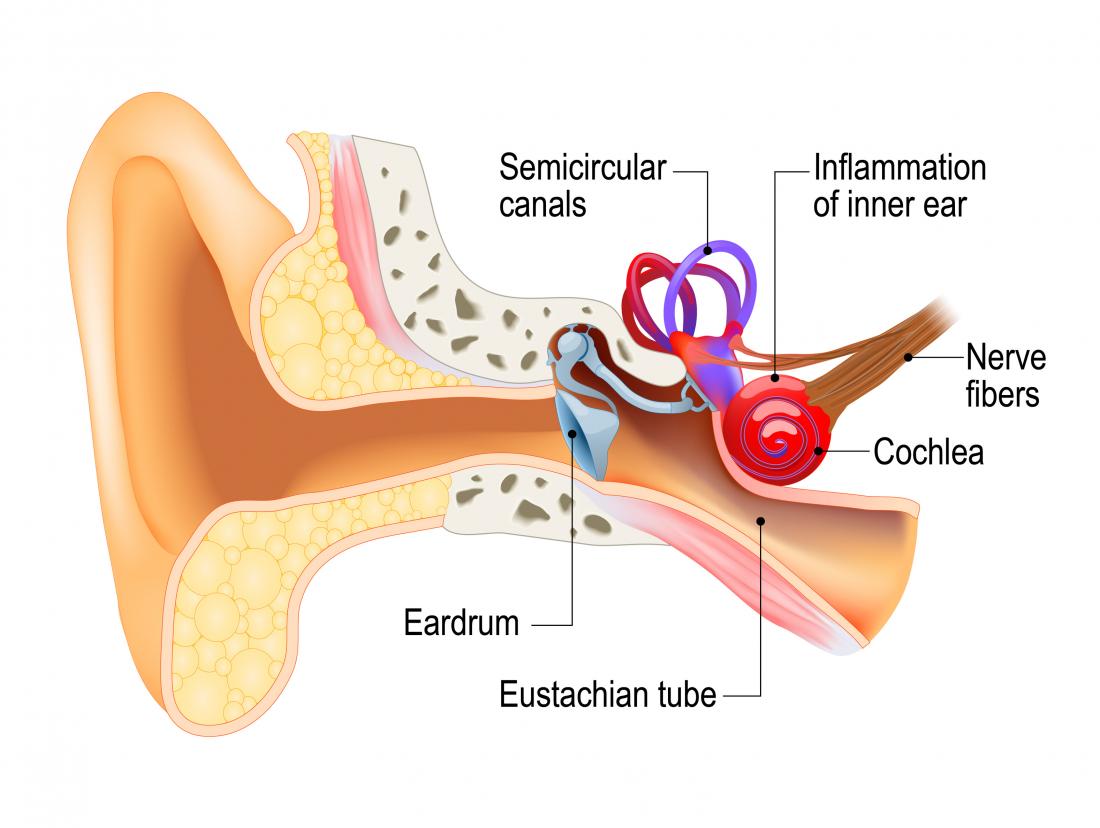Labyrinthitis, tinnitus, and dizziness are symptoms often linked to issues within the inner ear, typically caused by inflammation, infections, or circulation problems. While no single plant can “instantly” cure these conditions, some natural remedies may help alleviate symptoms, and gingko biloba is one such plant that’s known for its potential benefits in improving inner ear health and relieving dizziness and tinnitus symptoms.

Ginkgo Biloba: The Plant to Support Inner Ear Health
Ginkgo biloba, commonly referred to as “ginkgo,” is an ancient tree native to China. Its leaves contain potent antioxidants that support circulation, reduce inflammation, and may help improve symptoms of tinnitus, dizziness, and labyrinthitis.
How Ginkgo Biloba Helps with Dizziness, Tinnitus, and Labyrinthitis
- Improves Blood Circulation: Ginkgo biloba enhances blood flow to the brain and the inner ear, which can reduce the ringing sensation in tinnitus and help stabilize balance in cases of dizziness.
- Reduces Inflammation: The anti-inflammatory properties of ginkgo can help alleviate inflammation in the inner ear, which can be beneficial for those experiencing labyrinthitis.
- Antioxidant Effects: Ginkgo is rich in flavonoids and terpenoids, which combat free radicals that might otherwise damage inner ear cells, helping to prevent or reduce symptoms over time.
How to Use Ginkgo Biloba
Ginkgo biloba is available in various forms, including capsules, tablets, extracts, and teas. Here’s how you can incorporate it safely:
- Capsules or Tablets: A common dosage is 120-240 mg per day, divided into two to three doses. Always consult a healthcare provider for the correct dosage for your condition.
- Ginkgo Tea: Brew ginkgo biloba tea by steeping 1-2 teaspoons of dried ginkgo leaves in hot water for 5-10 minutes. Drink up to two cups daily to help improve circulation and reduce inflammation.
- Liquid Extract: Follow the recommended dosage on the product label, usually around 30-40 drops in water, taken two to three times per day.

Important Tips and Precautions
- Consult a Healthcare Provider: Before starting ginkgo, consult with a healthcare provider, especially if you are on blood thinners, as ginkgo can increase bleeding risk.
- Consistent Use: Ginkgo is not an instant cure; it may take a few weeks of consistent use to notice improvements.
- Avoid Overuse: Taking more than the recommended dose can cause side effects like nausea, headaches, or digestive upset.
Additional Lifestyle Tips to Support Inner Ear Health
- Stay Hydrated: Dehydration can worsen dizziness.
- Reduce Sodium Intake: Excess salt can increase fluid buildup in the inner ear.
- Manage Stress: Stress can amplify tinnitus and balance-related symptoms.
While ginkgo biloba may provide relief, it’s essential to use it as part of a broader approach to managing symptoms and to seek medical attention for persistent or severe cases.



